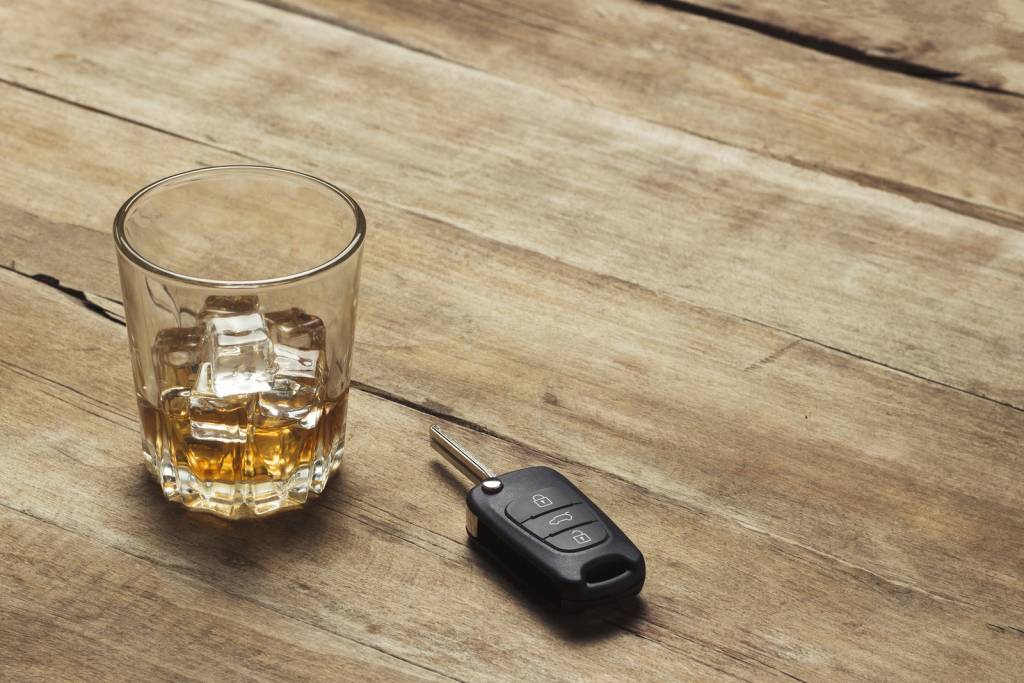Misdemeanor probation in the state of California lets low-risk criminal offenders serve their misdemeanor sentences while living in the community – under the court’s supervision – instead of going to jail.
Also called “summary” or “informal” probation, misdemeanor probation in California has rules and conditions that are somewhat different from felony or “formal” probation.
Our domestic violence law firm knows that misdemeanor probation in California usually is for one to three years but can run as long as five years.
Probationers must stay in compliance with the terms and conditions of misdemeanor probation, which may include community service, the payment of restitution, or participation in classes, counseling, or treatment.
A probationer who fails to maintain compliance with the terms and conditions may face a judge who revokes the probation and sends the probationer to jail.
WHO MAY BE SENTENCED TO MISDEMEANOR PROBATION?
Almost anyone who receives a misdemeanor conviction in the state of California may qualify for misdemeanor probation.
Misdemeanor probation is a sentence frequently imposed on juvenile offenders and first-time adult offenders, since it is designed to rehabilitate the offender and deter future crimes while simultaneously restoring the victim or victims of the misdemeanor offense and protecting the public.
In some cases, even a defendant with a criminal history may qualify for misdemeanor probation. Everything depends on a judge’s evaluation of the particulars of the current case and the previous conviction (or convictions).
Putting your case in the hands of an experienced Los Angeles criminal defense attorney will ensure that you are treated justly and that your rights are protected at every stage of the criminal justice process.
In many California misdemeanor proceedings, misdemeanor probation is part of a plea deal between the opposing attorneys.
If you are charged with a misdemeanor in this state, you should not try to act as your own attorney, and you should not accept any plea agreement unless your own defense attorney recommends it to you.
If necessary, politely insist on your right to remain silent and your right to have an attorney present for any questioning or plea negotiating.
In other cases, and apart from any plea deal or agreement, the judge may simply order misdemeanor probation as a part of the sentence at the time of sentencing.
Misdemeanor probation usually – but not always – means no jail time, but if any jail time is required as part of a misdemeanor probation sentence, it will be significantly less than a sentence of jail with no probation.
HOW DOES MISDEMEANOR PROBATION DIFFER FROM FELONY PROBATION?
Both misdemeanor probation and felony probation in California require probationers to adhere strictly to the terms and conditions of probation, but there are several important differences between misdemeanor probation and felony probation.
In a misdemeanor proceeding, unless the case concerns a sex crime, judges typically do not ask the county probation department for a probation report prior to imposing a sentence.
Misdemeanor probationers usually don’t report to probation officers, either; instead, they report periodically and directly to the court.
California judges have wide discretion to determine the precise conditions of probation in any particular case. The law in California requires the terms of a misdemeanor probation sentence to be “fitting and proper to the end that justice may be done.”
While giving judges discretion, the law also establishes several specific probation requirements. For example, those guilty of certain domestic violence misdemeanors must complete a counseling and treatment program.
Other frequently-imposed conditions of misdemeanor probation include:
– Payment of fines and/or restitution to the victim or victims
– Participation in group or individual counseling and treatment
– Community service
– Seeking and obtaining steady employment
– Abstinence from drugs and alcohol after a DUI or drug crime conviction
– Avoidance of contact with criminal acquaintances
– Adherence to all laws; no new arrests or charges while serving probation
When a California judge orders misdemeanor probation, the probationer must report back periodically to the judge. The judge at that time reviews the probationer’s case, status, and progress, and discusses any particular questions, issues, or concerns.
Misdemeanor probationers typically do not face harsh travel restrictions, although the requirements of counseling and treatment, reporting, and community service may make travel inconvenient during the term of misdemeanor probation.
A failure to appear as scheduled for a periodic report is a violation of probation, and the judge will issue a bench warrant ordering the probationer’s arrest.
WHAT CAN HAPPEN IF THERE IS A VIOLATION OF PROBATION?
When a misdemeanor probationer has violated the terms and conditions of his or her probation, a judge may overlook the violation and give the probationer a warning, impose harsher terms and conditions, or revoke the probation entirely and order the probationer to jail.
Of course, there may be an additional criminal sentence if the violation of probation involved a new criminal charge.
If a misdemeanor probationer satisfies all of the conditions of his or her probation earlier than scheduled with no violations, the law in California gives judges the discretion to conclude the term of misdemeanor probation at that time.
Many judges, however, will not grant early probation termination to probationers in cases involving domestic abuse or driving under the influence.
Many California employers will not ask you about a misdemeanor conviction. If you are serving misdemeanor probation and an employer or prospective employer asks about your conviction, it’s best to be candid.
The disclosure of a misdemeanor conviction does not automatically mean that you will be rejected for employment.
In fact, a sentence of probation rather than jail will sometimes persuade an employer to make the choice to hire you.
When misdemeanor probation is successfully completed, it’s possible to have the conviction expunged. Only law enforcement authorities have access to expunged convictions – not employers.
In the greater Los Angeles area and across southern California, if you are charged with a misdemeanor – or with a felony – the most important priority is obtaining high-quality legal representation as quickly as possible.
Until you can contact a Los Angeles criminal defense attorney, don’t make any statement to the police. Politely insist on your right to remain silent and your right to have an attorney present during questioning.
If you are innocent, your defense lawyer will fight aggressively on your behalf for a dismissal of the charge or for an acquittal.
However, if the evidence of guilt is overwhelming and a conviction is inevitable, your attorney may be able to negotiate a plea deal that includes probation.
If your attorney negotiates and recommends a plea deal, take it, because the alternative probably means serving time behind bars.









